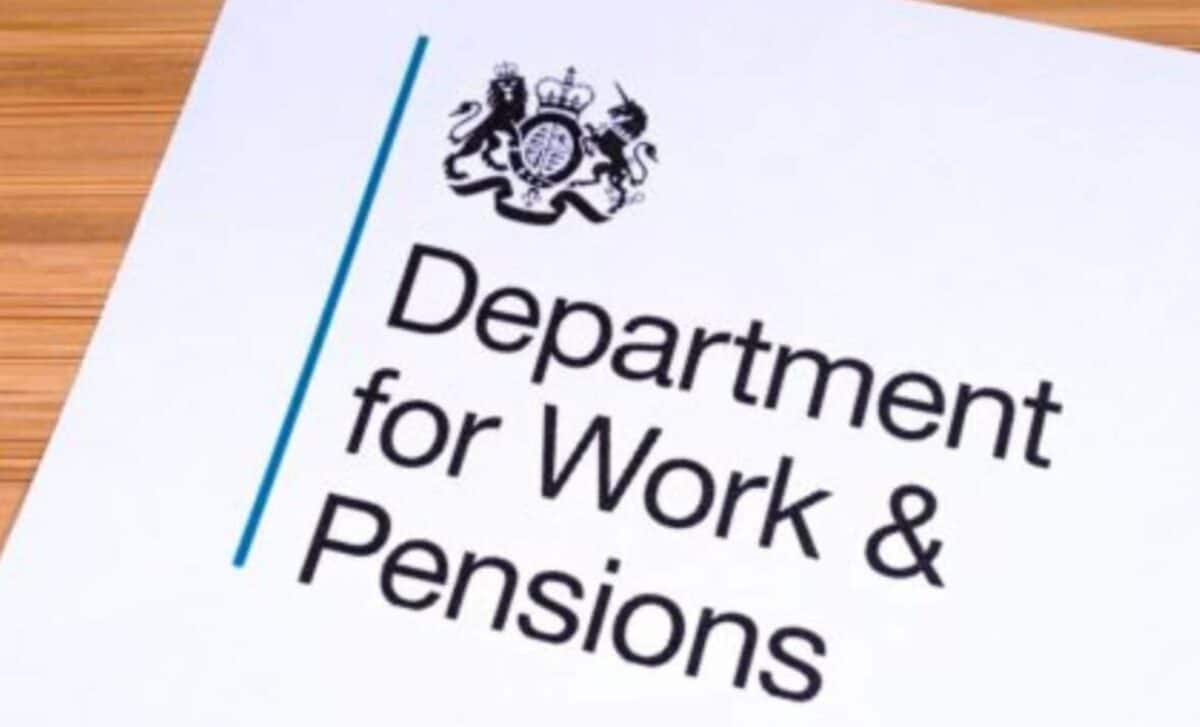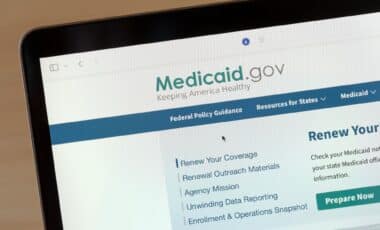The Department for Work and Pensions (DWP) is eliminating some outdated benefits, as part of a significant transition to Universal Credit. However, this will not have an impact on all welfare payments.
More than two million people are transitioning to Universal Credit through the DWP. Everyone in the “managed migration” process will be notified, meaning that few will move to Universal Credit at the same time.
When it’s time for you to start claiming Universal Credit, you’ll receive a “migration notice” letter in the mail. This letter gives you three months to switch to Universal Credit, after which your current benefits will stop. The DWP aims to reach everyone affected by the end of December 2025, reports The Mirror.
Benefits Stopped Under DWP’s Managed Migration
The DWP released a list of welfare payments that are being stopped. Universal Credit will replace six benefits, including:
- Working Tax Credit.
- Child Tax Credit.
- Income-based Jobseeker’s Allowance (JSA).
- Income Support.
- Income-related Employment and Support Allowance (ESA).
- Housing Benefit.
If you claim other benefits like Pension Credit, Child Benefit, Personal Independence Payment, Carer’s Allowance, or Attendance Allowance, your payments will continue as usual. You won’t have to switch to Universal Credit if you only receive new-style benefits like New-style Employment and Support Allowance or New-style Jobseeker’s Allowance.
If you claim Tax Credits and are of State Pension age, or if you are in a mixed-age couple where one partner is under State Pension age and the other is not, the DWP will ask you to apply for Universal Credit or Pension Credit. The DWP also explains that some people can keep receiving Housing Benefit.
This includes people of State Pension age living in temporary accommodation provided by a council because they were homeless or those in supported accommodation. If Housing Benefit is the only benefit you currently claim, you can continue to receive it.
The Financial Impact of Universal Credit Transition
The DWP states that 1.4 million people (55%) will be better off on Universal Credit, while 900,000 (35%) will be worse off, and 300,000 will see no change. To get a rough idea of whether you would benefit from Universal Credit, you can use free benefit calculators available online.
After using these calculators, it’s important to seek expert advice before making the switch to Universal Credit. Don’t rely solely on the calculators, as you might have entered incorrect information. Experts can verify your benefit entitlement and advise whether it’s better to switch now or wait.
You can usually apply for Universal Credit through the GOV.UK website. If you claim Universal Credit, Working Tax Credit or Child Tax Credit will stop immediately, but other benefits will continue for an additional two weeks.
If you are moved to Universal Credit through managed migration and will be worse off, you will receive monthly transition payments to cover any financial shortfall until there’s no longer a difference between what you get under Universal Credit and your previous legacy benefits.









